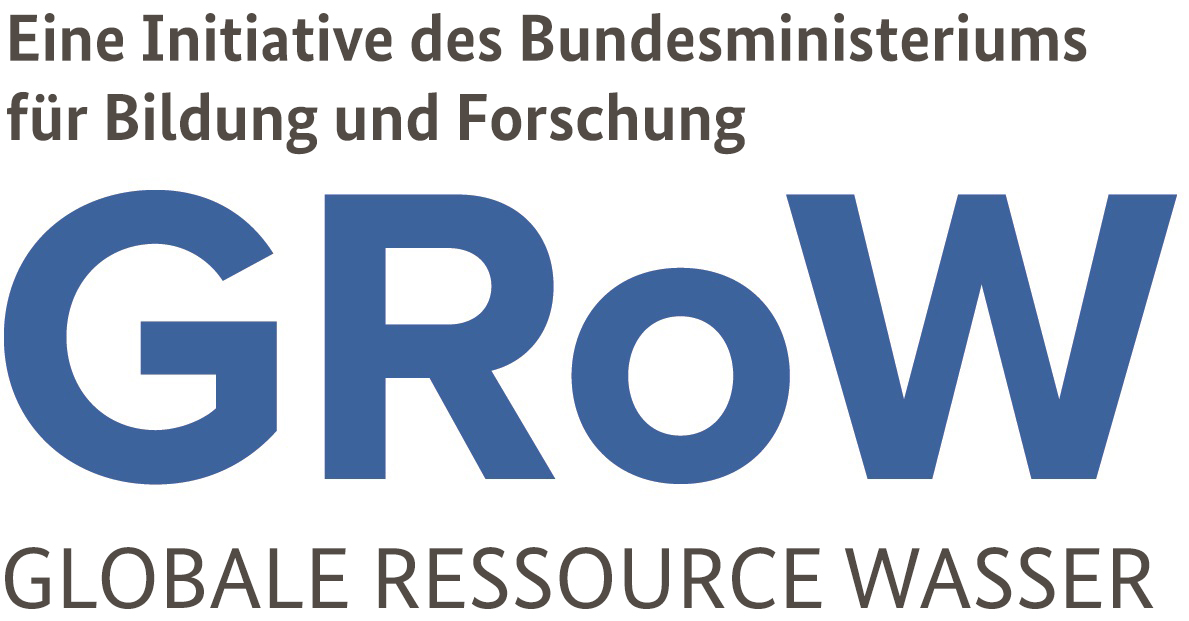Quotes from GRoW researchers at MDR-WISSEN
| Date |
Date
|
In the MDR-WISSEN podcast “Meine Challenge”, reporter Daniela Schmidt examines the question of how safe our water supply is. To do this, she is bringing in expert knowledge from GRoW researchers Prof Dr Martina Flörke, Dr Markus Berger and Prof Dr Wolfram Mauser.
“How long will our water last?” And “will we soon be waging war over water instead of oil?”, asks reporter Daniela Schmidt in the current “Meine Challenge” podcast from MDR-WISSEN. Her visit to the Leipzig water utility shows that even if the water supply in Germany is currently secured, the hot summers of recent years led to historical consumption peaks on the demand side and historically low groundwater levels on the supply side. At the moment, water suppliers can still compensate for these fluctuations, but in the long term there is need for action if we want to prevent water supply from reaching its limits. So what needs to happen?
The coordinator of the GRoW project WANDEL Prof Dr Martina Flörke from Ruhr University Bochum points out that saving water individually can definitely help if many people participate. But we also have to be aware that we not only use water when washing and showering, but also when we turn on the light or charge our smartphone. This is because water is also used to generate electricity, not only in the field of hydropower and geothermics, but also in coal or gas power plants, as well as in the extraction of raw materials for the production of solar power and wind energy systems.
If we take this rather invisible water consumption into account, our daily water consumption quickly increases from 127 liters per person to 6,000 liters per person, explains the coordinator of the GRoW project WELLE, Dr Markus Berger from the TU Berlin. It is therefore worth saving water directly used in one’s household, but a bigger potential for saving water lies for example in sustainable clothing or avoiding food waste. To make such conscious consumption decisions, we need new instruments, for example labels that indicate water consumption in the textile industry. In addition, an adapted, more sustainable water management is required.
Satellite imagery can help to initiate such a sustainable water management, says the coordinator of the GRoW project ViWA Prof Dr Wolfram Mauser from LMU Munich. These images enable us to draw conclusions about human water use and can thus serve as an important basis for decisions in the water sector. Such decisions are needed: Currently, more water is being taken out of the global hydrological cycle than is being regenerated. Certain regions are already affected by water scarcity, hindering sustainable food cultivation. To not exacerbate such regional water crises, we need to address the question of how we want to use water where – so that the resource will be available everyone in the long term.
You can listen to the entire podcast here (available in German language only).
